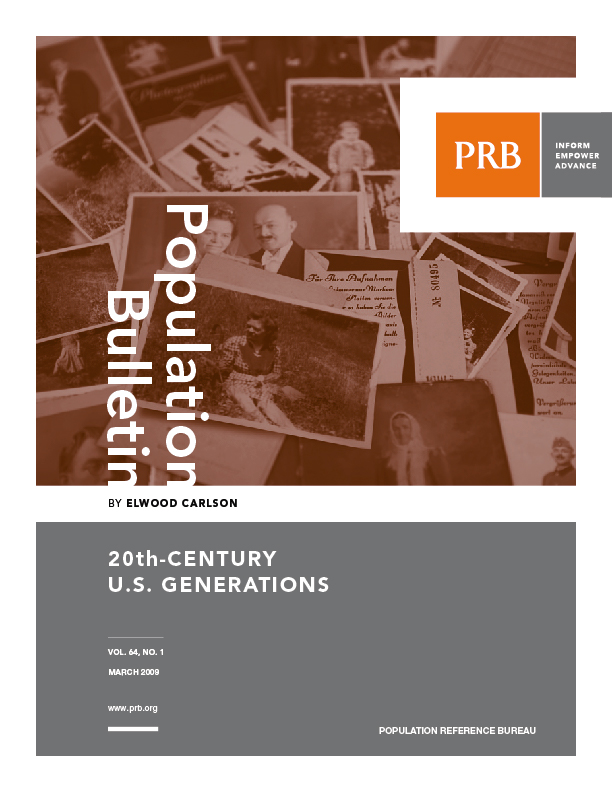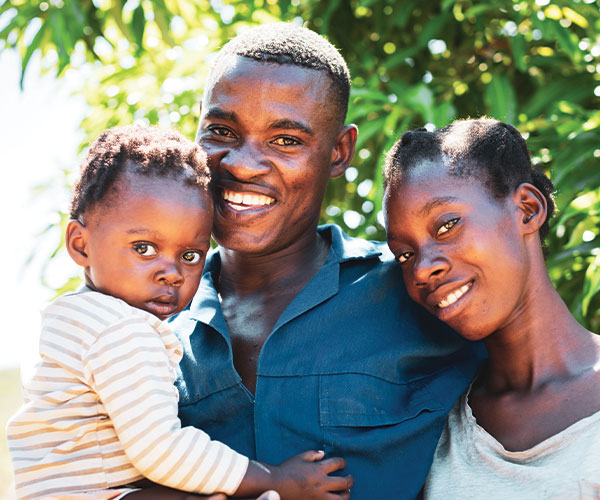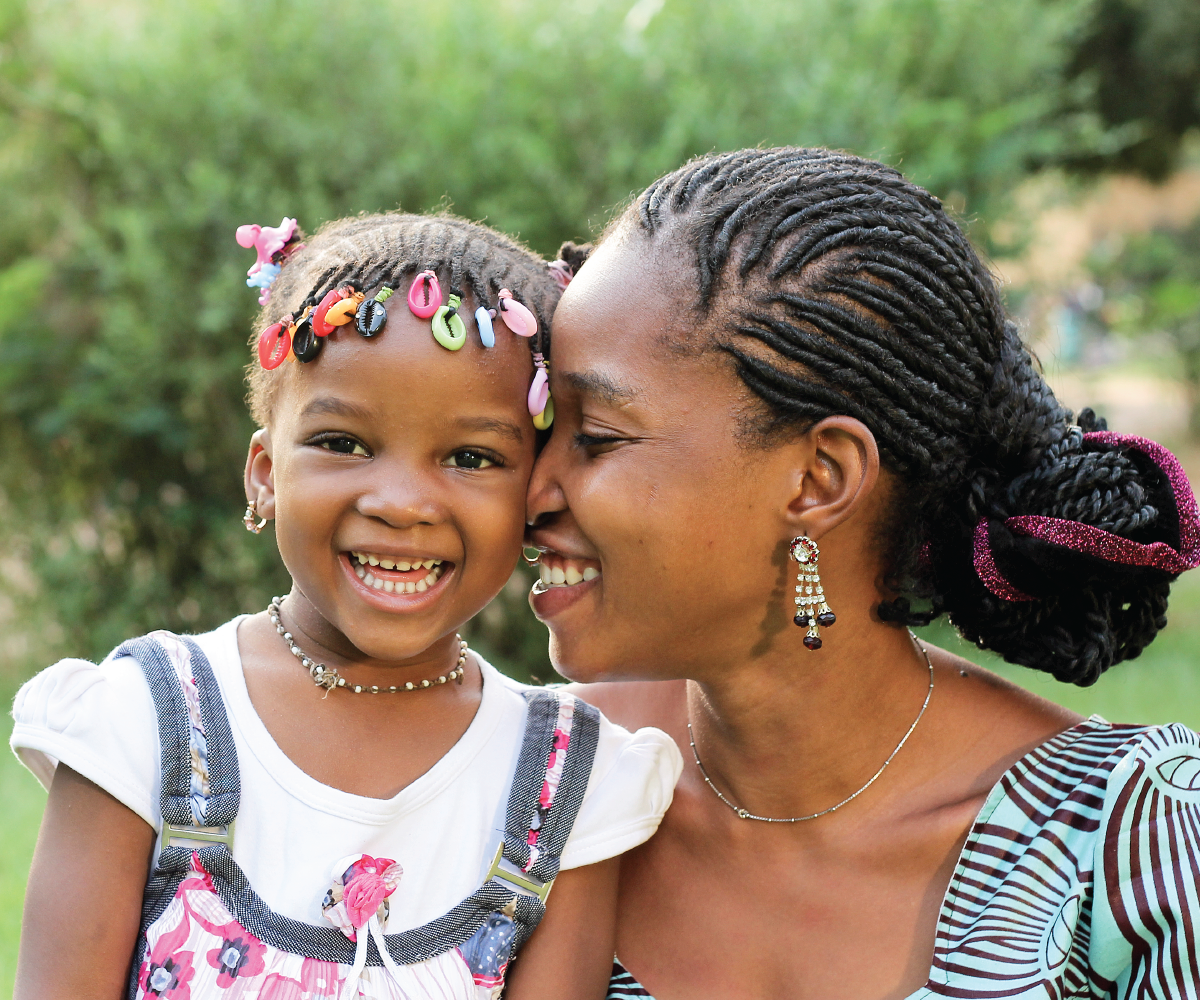PRB Discuss Online: Are Some U.S. Generations Luckier Than Others?
(2009) Unique events, political climates, and social and economic conditions shape each new generation in every society.

(2009) Unique events, political climates, and social and economic conditions shape each new generation in every society.
On Sept. 28, 2007, as part of the Population Reference Bureau's Policy Seminar Series, Dr. Paul Ehrlich discussed ways in which demography can greatly increase its policy impact in areas as diverse as climate change, the conservation of natural capital, and, of course, population reduction.
(2009) Mounting research shows that married people are healthier and live longer than unmarried people.

Why would the shift to smaller families slow or stop in sub-Saharan African cities, where fertility remains so much higher than in other parts of the world?

This International Women’s Day, we’re looking at the impact of unpaid care work on women and girls and the global economy—and how PRB and CREG are helping address this urgent issue.

Project: PACE: Policy, Advocacy, and Communication Enhanced for Population and Reproductive Health
Collecting, analyzing, and using gender-related indicators in projects is critical to addressing many of the underlying challenges that communities around the world face, particularly in integrated Population, Health, and Environment (PHE) projects.

As the Asia-Pacific region's population shifts due to low fertility and societies age, women may face specific challenges tied to factors like their longevity, financial resources, and caregiving responsibilities.